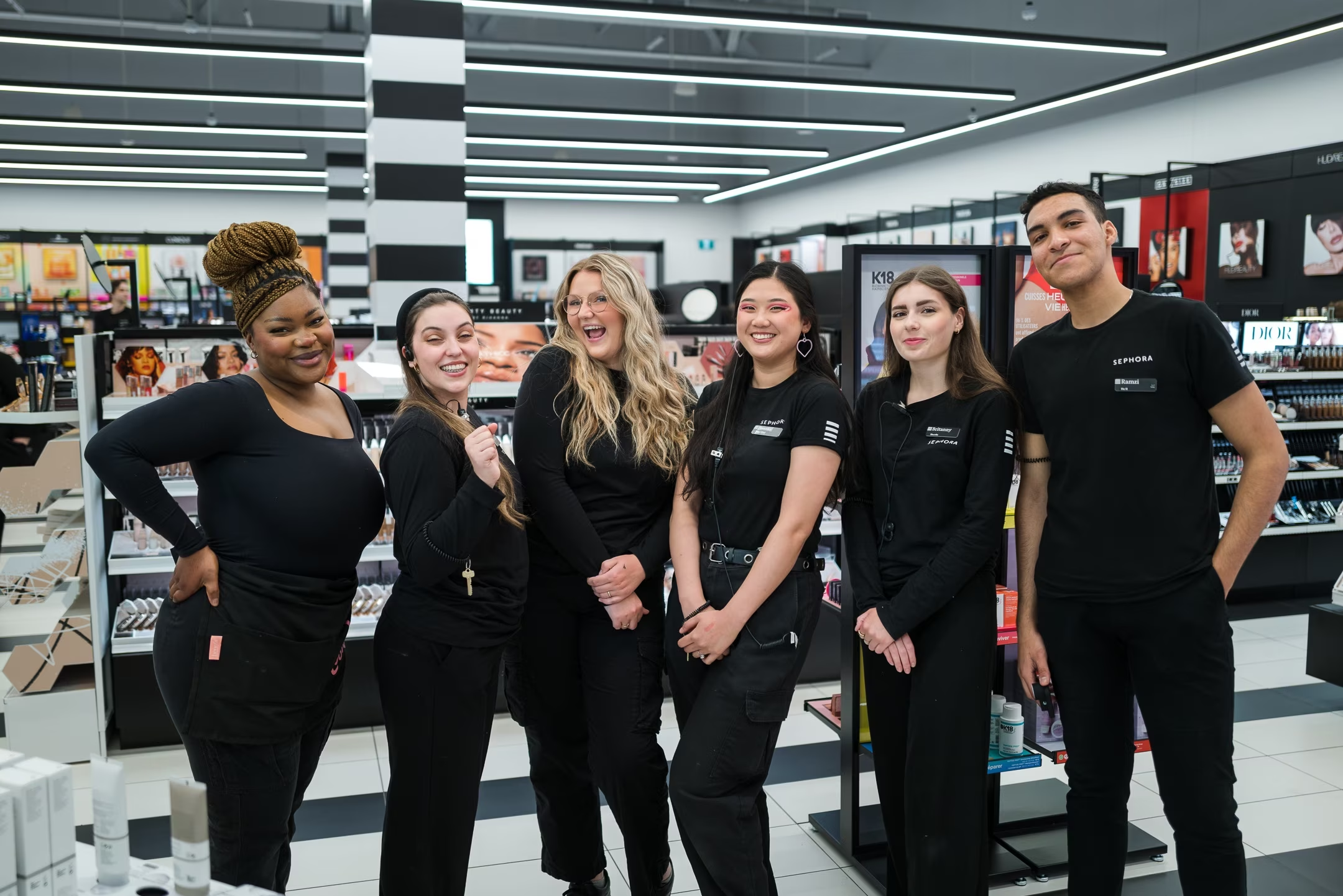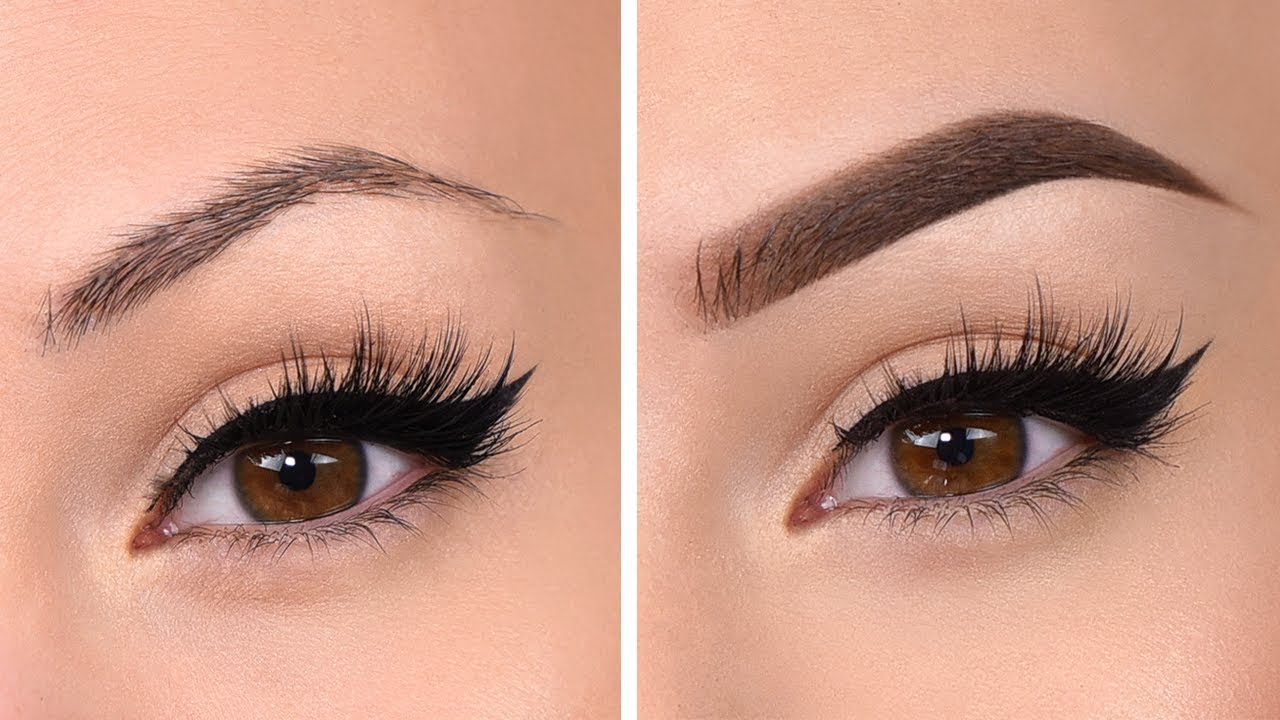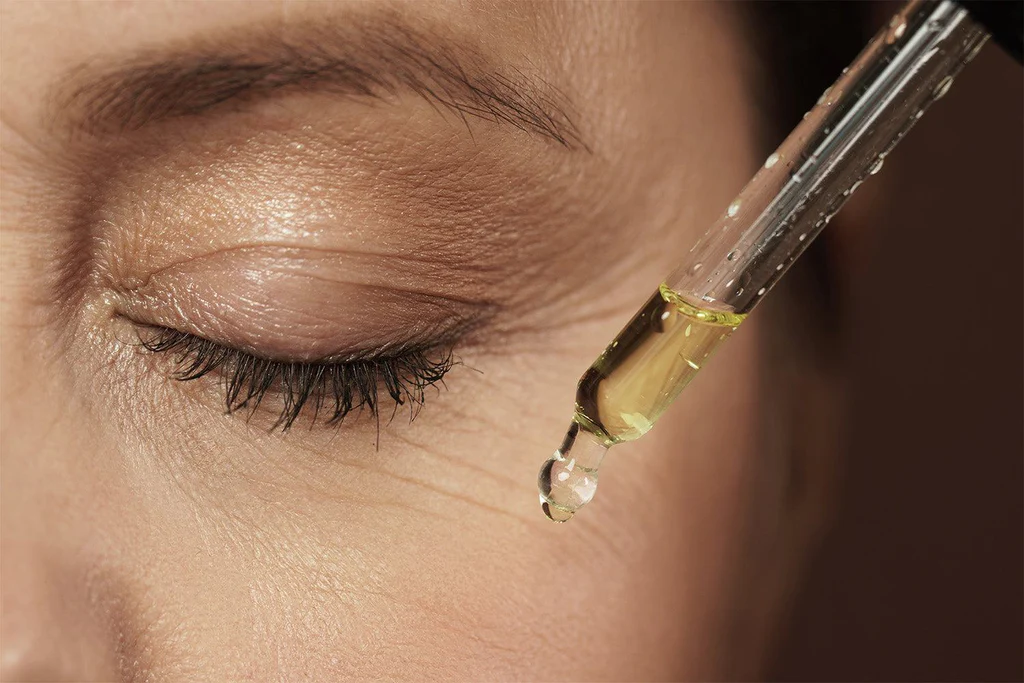
 By
Your Beauty Plug
By
Your Beauty Plug
Parabens are a type of chemical preservatives that are widely used in cosmetics, personal care products, and food items. They help prevent the growth of bacteria, fungi, and other microorganisms that can spoil the products and cause infections. However, in recent years, there has been a growing concern about the potential health and environmental risks of parabens. Many consumers are now looking for paraben-free alternatives that are safer and more natural. But what does paraben-free really mean, and why should you care? In this blog post, we will answer some of the most common questions about parabens and paraben-free products.
Parabens are derived from para-hydroxybenzoic acid (PHBA), which is a natural substance found in some fruits and vegetables. Parabens have been used as preservatives since the 1920s, and they are effective against a wide range of microorganisms. Parabens are usually added to products in small amounts, typically less than 1%. Some of the most common parabens used in cosmetics and personal care products are methylparaben, ethylparaben, propylparaben, butylparaben, and isobutylparaben. You can find them in the ingredients list on the product label.
Parabens are used to extend the shelf life of products and prevent them from spoiling or becoming contaminated. This is especially important for products that contain water, such as creams, lotions, shampoos, conditioners, and makeup. Parabens also help maintain the stability, color, texture, and fragrance of the products. Without parabens, products may degrade faster, change their appearance or smell, or become unsafe to use.
The safety of parabens has been a subject of debate and controversy for many years. Some studies have suggested that parabens may have negative effects on human health, such as disrupting the hormonal balance, increasing the risk of breast cancer, causing allergic reactions, and affecting the reproductive system. However, other studies have found no conclusive evidence to support these claims. The scientific community is still divided on the issue, and more research is needed to determine the long-term effects of parabens.
One of the main concerns about parabens is that they can mimic the hormone estrogen, which is responsible for regulating many functions in the body, especially in women. Estrogen plays a role in the development and maintenance of the female reproductive system, as well as influencing mood, metabolism, bone health, and more. Parabens can bind to the estrogen receptors in the cells and interfere with the normal hormone signaling. This is called endocrine disruption, and it can lead to various problems, such as infertility, menstrual irregularities, weight gain, mood swings, and breast cancer.
Another concern is that parabens can accumulate in the body over time, as they are not easily metabolized or excreted. Parabens can be absorbed through the skin, ingested through food, or inhaled through aerosols. Parabens have been detected in various tissues and fluids in the human body, such as blood, urine, breast milk, and breast tumors. The levels of parabens in the body may depend on several factors, such as the type and amount of products used, the frequency and duration of exposure, the age and gender of the person, and the individual metabolism and genetics.
A third concern is that parabens can cause allergic reactions in some people, especially those with sensitive skin or eczema. Parabens can trigger skin irritation, inflammation, itching, redness, rash, hives, or contact dermatitis. These reactions are usually mild and temporary, but they can be uncomfortable and annoying. Parabens can also cause respiratory or digestive problems in some people, such as asthma, cough, wheezing, nausea, vomiting, or diarrhea.
Parabens are not only a potential threat to human health, but also to the environment. Parabens can enter the environment through various sources, such as wastewater, sewage, landfills, agricultural runoff, and industrial emissions. Parabens can persist in the environment for a long time, as they are resistant to degradation by sunlight, heat, or microbes. Parabens can also bioaccumulate in the food chain, as they are absorbed and stored by plants and animals.
Parabens can have adverse effects on the environment, such as disrupting the ecosystems, harming the wildlife, and contributing to global warming. Parabens can affect the growth, development, reproduction, and behavior of various organisms, such as fish, amphibians, birds, and mammals. Parabens can also alter the gene expression, hormone levels, and enzyme activity of these organisms. Parabens can also affect the photosynthesis, respiration, and nutrient uptake of plants. Parabens can also release greenhouse gases, such as methane and carbon dioxide, into the atmosphere, which can contribute to climate change.
If you are concerned about the possible risks of parabens, you may want to switch to paraben-free products. Paraben-free products are those that do not contain any parabens or their derivatives. However, finding paraben-free products can be challenging, as not all products are labeled or certified as such. Here are some tips to help you find paraben-free products:
Parabens are a type of chemical preservatives that are widely used in cosmetics, personal care products, and food items. They help prevent the growth of bacteria, fungi, and other microorganisms that can spoil the products and cause infections. However, parabens may also have negative effects on human health and the environment, such as disrupting the hormonal balance, increasing the risk of breast cancer, causing allergic reactions, affecting the reproductive system, harming the wildlife, and contributing to global warming. Paraben-free products are those that do not contain any parabens or their derivatives. You can find paraben-free products by reading the ingredients list, looking for the paraben-free label or claim, choosing products that use natural or alternative preservatives, or choosing products that have a shorter shelf life or require refrigeration. Paraben-free products may be safer and more natural, but they may also be more expensive, less effective, or less convenient than products that contain parabens. You should weigh the pros and cons of paraben-free products and make an informed decision based on your personal preferences and needs.




